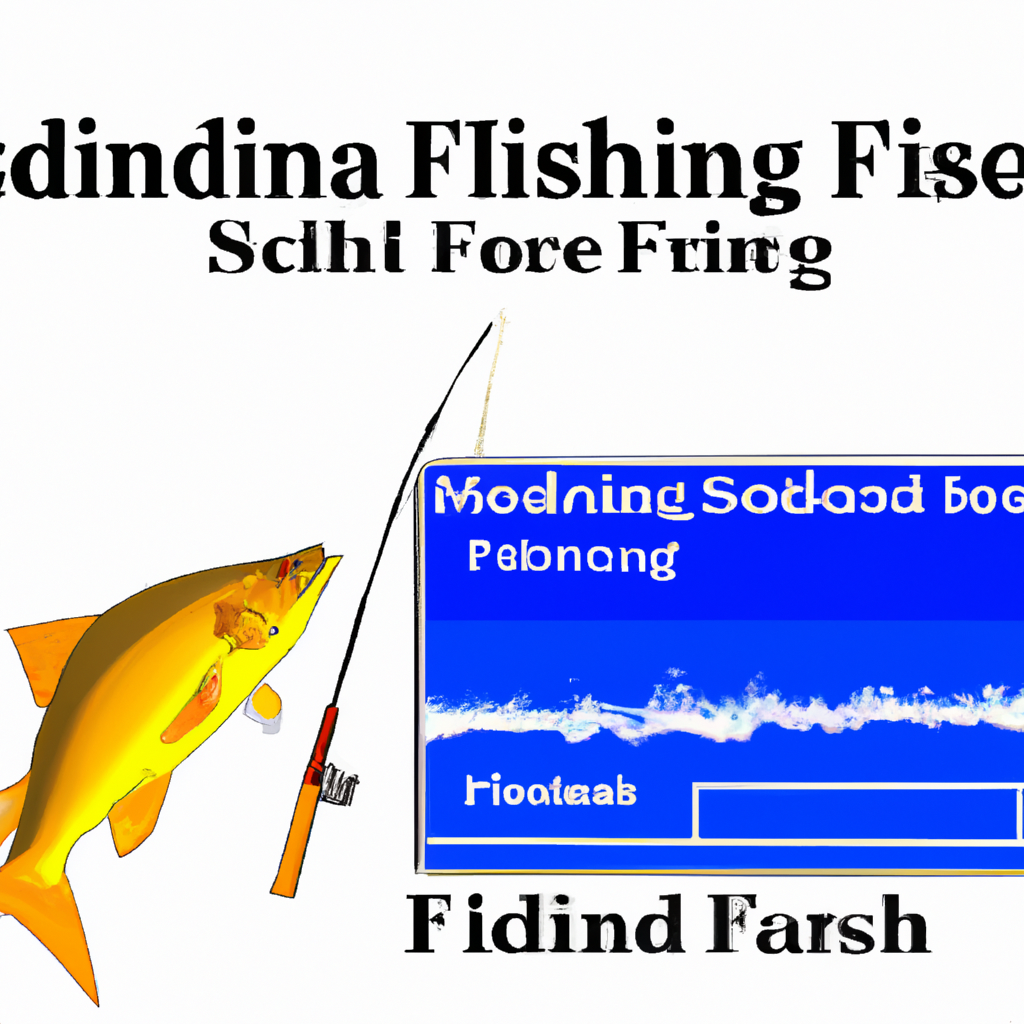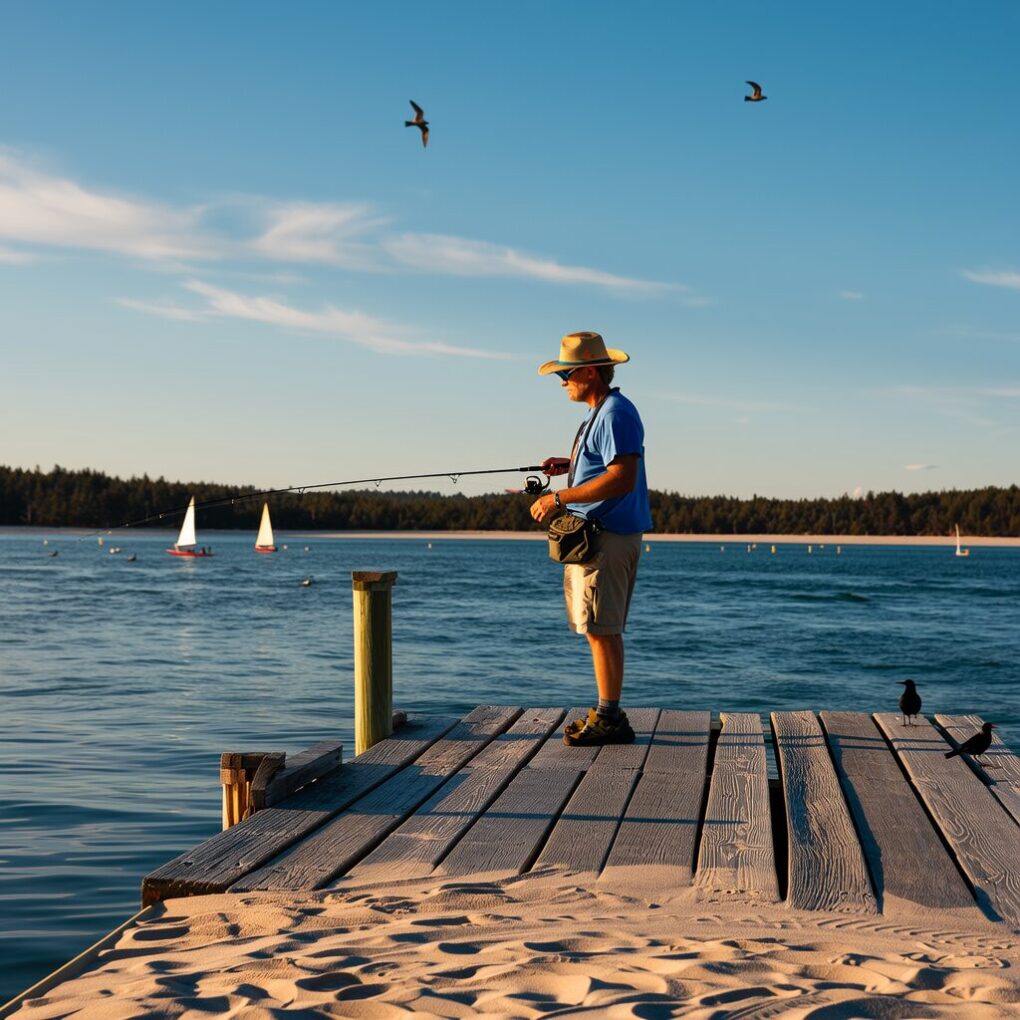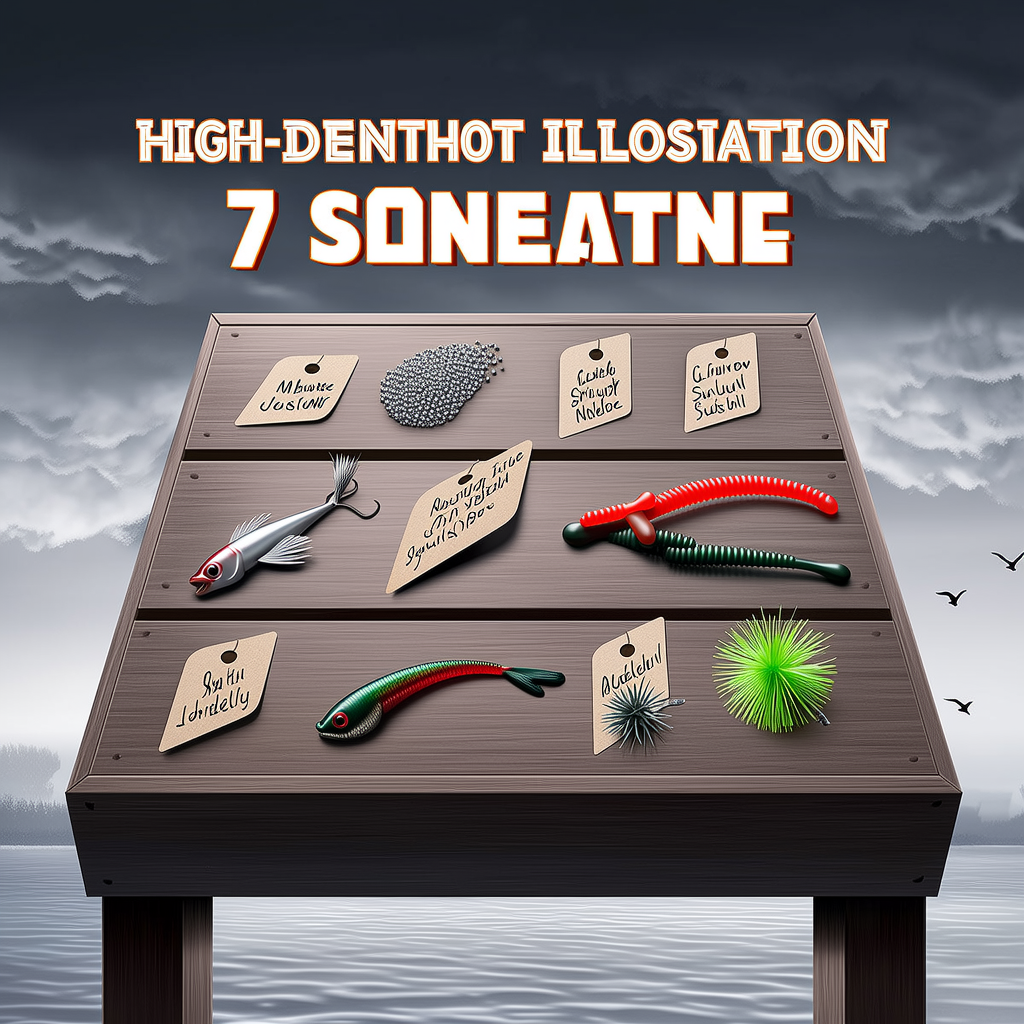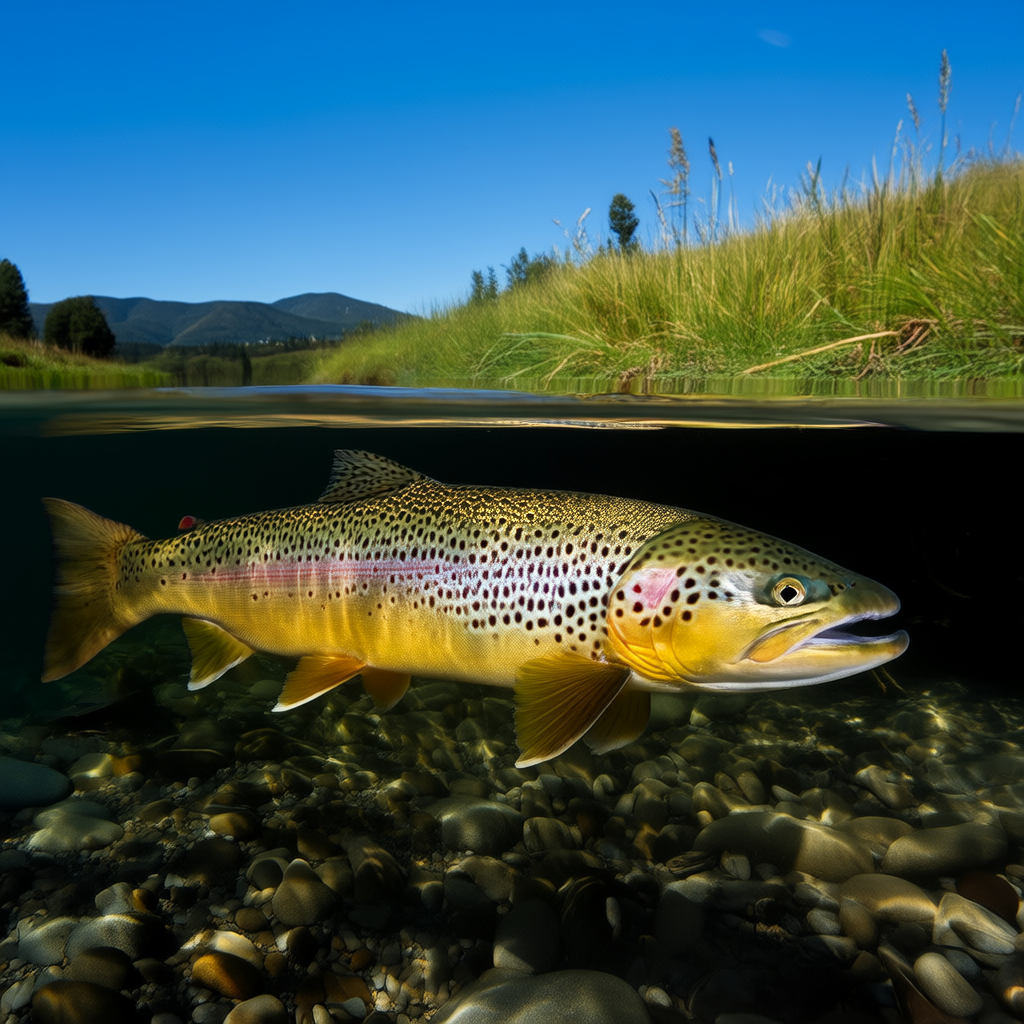A Florida Saltwater Fishing License allows you to fish in saltwater bodies within Florida. Residents and non-residents 16 years old or older are required to have this license, unless there are specific regulations that exempt them.
Why Do You Need A Florida Saltwater Fishing License
A Florida Saltwater Fishing License will allow you to fish recreationally in the saltwater areas of the state. This license helps to conserve Florida’s diverse ocean resources and ensure sustainable fishing practices for future generation.
Who Needs to Have a Florida Saltwater Fishing License
Residents and non-residents alike are required to possess a Florida Saltwater Fishing License, if they plan to fish recreationally on saltwater bodies such as the Atlantic Ocean or Gulf of Mexico. Certain groups of people are exempt from the license requirement.
Florida Residents Exemptions:
Florida residents who are in the U.S. Armed Forces, and are stationed there for at least 30 consecutive days, regardless of whether they are on active duty or are training, are exempted from obtaining a Florida Saltwater Fishing License. They must, however, always carry their military identification papers and furlough documents when engaging in fishing activities.
Exemptions for non-residents:
Non-residents under 16 years of age are not required to possess a Florida Saltwater Fishing License. Individuals fishing from a licensed boat or pier with a charter captain or charter boat licence that is valid do not require a separate saltwater fishing license.
How to obtain a Florida Saltwater Fishing License
There are several options for obtaining a Florida Saltwater Fishing License.
1. Online:
The official website of Florida Fish and Wildlife Conservation Commission allows you to conveniently purchase your fishing permit online. Follow the instructions on their website to complete the online application. Once your application is approved, you’ll receive a digital version of your license. You should carry this with you when fishing.
2. Over the phone:
You can also obtain your Florida Saltwater Fishing License by phone. Call the FWC toll-free number, and give the representative the information they need. They will walk you through the entire process and issue your license instantly. Be sure to have a printout of your license available.
3. In Person
If you prefer to interact with a person, you can visit a Florida Saltwater Fishing License vendor, such as a bait and tackle shop, sporting goods store, or county tax collector office. You can receive your license immediately by providing the required information and paying the applicable fee.
Types of Florida Saltwater Fishing Licenses
The Florida Fish and Wildlife Conservation Commission has different saltwater fishing licenses for different fishing preferences and durations. These licenses include
1. Annual Saltwater Fishing Licence:
The annual saltwater license allows you to fish in Florida saltwater bodies for a year after the date of issue. Residents and non-residents can both purchase this license.
2. 5-Year Saltwater fishing license:
The 5-year saltwater license offers the same fishing privileges and benefits as the annual license, but is valid for five consecutive year. It is convenient and offers cost savings for frequent anglers.
3. Saltwater Fishing License for 10 Days:
The 10-day saltwater license is for non-residents visiting Florida for a short time and who wish to fish in saltwater. The license allows you to fish for ten days in a row, starting on the date selected.
4. 3-Day Saltwater Fishing License
The 3-day saltwater license is similar to the 10-day license and is perfect for non-residents visiting Florida who wish to fish. This license allows you to fish for three consecutive days starting on the date that you choose.
5. Saltwater fishing license for life:
The lifetime saltwater license allows the license holder to fish for the rest of their lives. This license is available to both residents and nonresidents. It’s a great choice for those who intend to fish in Florida regularly over a long period of time.
Cost of Florida Saltwater Fishing License
The cost of a Florida Saltwater Fishing License depends on the type of license, the duration of the permit and the applicant’s residency status. The following are the current fees for licenses of the most common types:
Resident Licenses
- Annual Saltwater Fishing License – $17.00
- Five-Year Saltwater Fishing license: $79.00
- Lifetime Saltwater fishing license: $1,000
Non-Resident Licenses:
- 3-Day Saltwater fishing license: $17.00
- Saltwater Fishing License for 7 Days: $30.00
- Saltwater Fishing License Annual: $47.00
- Lifetime Saltwater fishing license: $1,000
The Importance Of Conservation:
Conservation is essential to Florida’s rich marine biodiversity and sustainable fishing practices. To protect fish stocks and habitats, it’s important for anglers to adhere to established fishing regulations.
We can contribute to the health of Florida’s marine ecosystems by promoting catch-and-release practices, reducing fishing waste and respecting marine protection areas. Keeping up to date with fishing regulations and participating actively in conservation efforts will help preserve our natural resources.
Recreational Fishing Regulations for Florida:
It is important to be familiar with the fishing regulations, even though a Florida Saltwater Fishing License will allow you to fish legally. These regulations include size limitations, bag limits and closed seasons.
The Florida Fish and Wildlife Conservation Commission updates and publishes the Florida Saltwater Recreational Fishing Regulations Booklet regularly, which contains comprehensive information about the rules and regulations of recreational fishing. It is recommended that you obtain the most recent edition and keep it with you while fishing.
Size Limits
To protect juvenile fish and ensure that their population can survive over the long-term, size limits are set for different species of fish. It is important to accurately measure fish and release undersized ones promptly so they can grow and reproduce.
Bag Limits:
Bag limits are the maximum number or fish that an angler may harvest in one day or trip. These limits prevent overfishing, and ensure that all anglers have fair and sustainable fishing opportunities. It is important to adhere to the bag limits and not exceed them.
Closed Seasons
Closed seasons are times when certain fish species cannot be harvested or owned. This is done to protect the fish during their sensitive life stages, such as spawning. To be aware of and respect closed seasons, it is important to consult the fishing regulation booklet.
Restricted Areas
Marine protected areas such as wildlife refuges and no-take zones are created to conserve sensitive habitats while promoting the recovery of endangered species. Anglers are required to know the boundaries and refrain from fishing in these areas.
Penalties for fishing violations:
Penalties and fines can be imposed for non-compliance of fishing regulations in Florida. The severity of penalties is determined by the nature and extent the violation. Common violations include exceeding the bag limit, keeping undersized or small fish, fishing in restricted areas, and using prohibited equipment.
It is important to stay informed about any changes and to follow the regulations if you want a sustainable and fun fishing experience. You will be contributing to the conservation and preservation Florida’s amazing saltwater resources.
Fishing Safety Tips
It is important to prioritize safety when fishing to avoid accidents and to ensure a fun experience. Here are some safety tips for fishing:
1. Wear a life jacket:
Wearing a life jacket that is properly fitted is essential for your safety when you are on the boat, especially in rough waters or if you’re fishing alone.
2. Be aware of weather conditions:
Be prepared for changes in weather conditions by checking the forecast. Avoid fishing during severe weather conditions such as storms or strong wind.
3. Use Sun Protection:
Wear a hat and polarized sunglasses, or apply sunscreen with a high sun protection factor (SPF) to protect your eyes and skin from the harmful effects.
4. Handle Hooks With Care
To minimize the risk of injury, be careful when handling hooks. Remove hooks safely from fish or yourself using pliers or hook remover tools.
5. Stay Hydrated
Drink plenty of water during your fishing trip to avoid dehydration.
6. Watch Your Step
Avoid running on slippery rocks or docks. Wear footwear with good traction in order to avoid falling.
7. Carry the necessary safety equipment:
Always carry safety equipment such as a first-aid kit, a flashlight and a knife.
Fishing Etiquette:
Responsible angling is not just about following fishing regulations, but also about practicing good fishing etiquette. Promote courteous behavior to ensure a positive experience for anglers. This will also help preserve the natural beauty and saltwater environments of Florida.
Here are some tips on fishing etiquette to keep in mind.
1. Respect other Anglers
Give other anglers enough space to cast their lines and retrieve them without interference when you are fishing close to them.
2. How to dispose of trash properly:
Keep the fishing area clean and tidy by disposing of all trash and fishing waste. Pack out everything you pack in. This will help maintain the cleanliness of your environment.
3. Be aware of noise:
Avoid excessive noises that could disrupt the fishing experience for others. Keep your conversations at a moderate volume and minimize any unwanted disturbances.
4. Observe wildlife from a distance:
Avoid disturbing or harassing wildlife and enjoy its beauty from a distance. Respect animals by keeping a respectful distance.
5. Follow Boating Etiquette:
Respect the right of way of other boaters when fishing from a vessel. Avoid high-speed boating and follow navigational rules.
In conclusion:
A Florida Saltwater Fishing License (FLSF) is required for recreational anglers who wish to fish in saltwater bodies in Florida. This license helps to conserve and sustain the state’s marine resources.
It is easy to obtain a Florida Saltwater Fishing License, whether you are a resident of Florida or a visitor. There are different license types and lengths available to suit different needs. It is important to choose the right option for your fishing plans.
Don’t forget to learn about the fishing laws and practice responsible fishing. To ensure a positive fishing experience for you and others, safety and etiquette are also important.
Grab your fishing gear and your Florida Saltwater Fishing License and explore the many fishing opportunities Florida offers!




